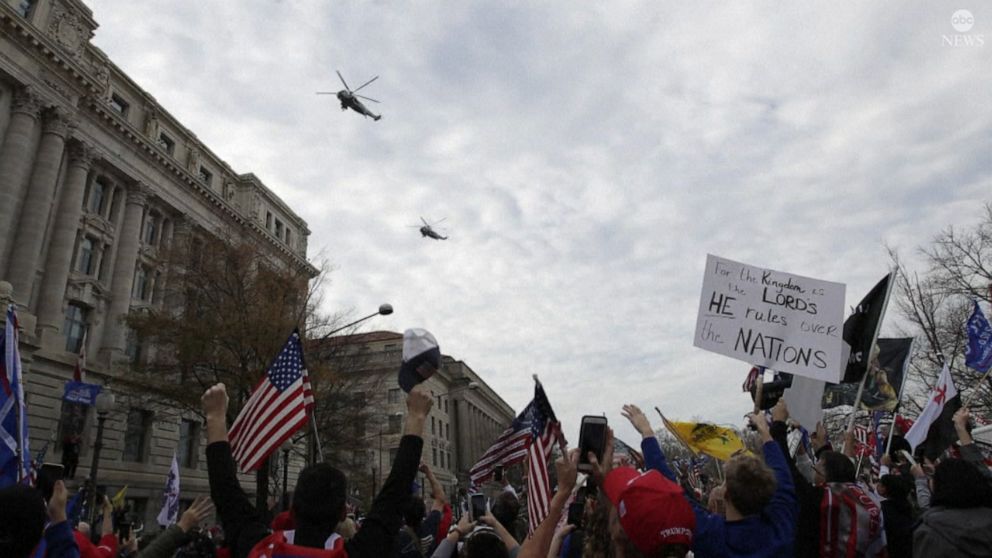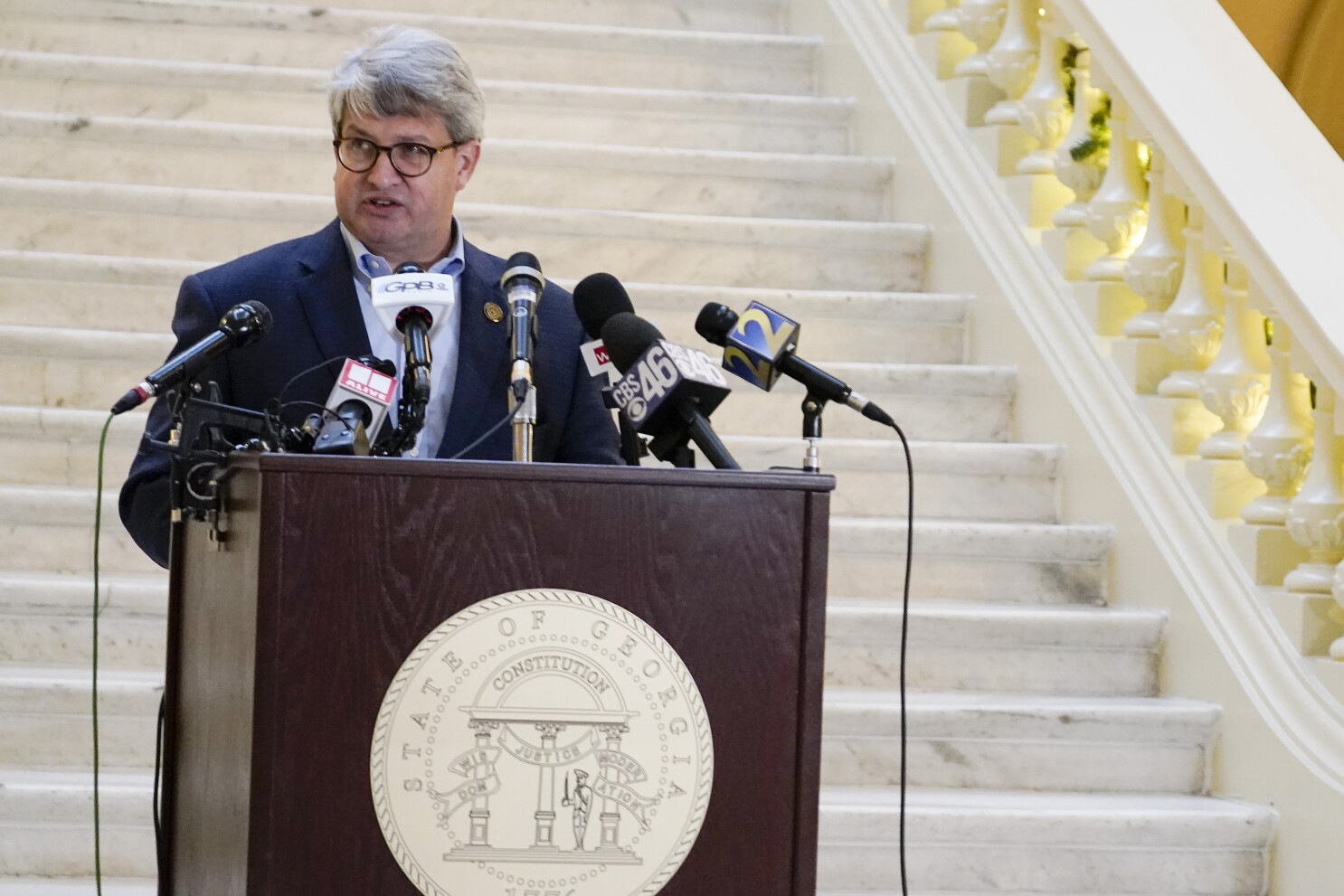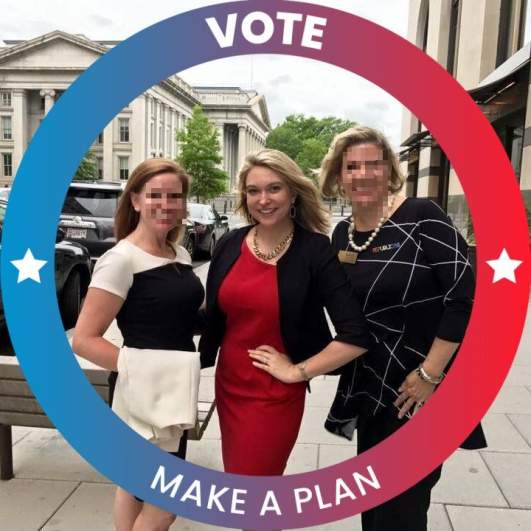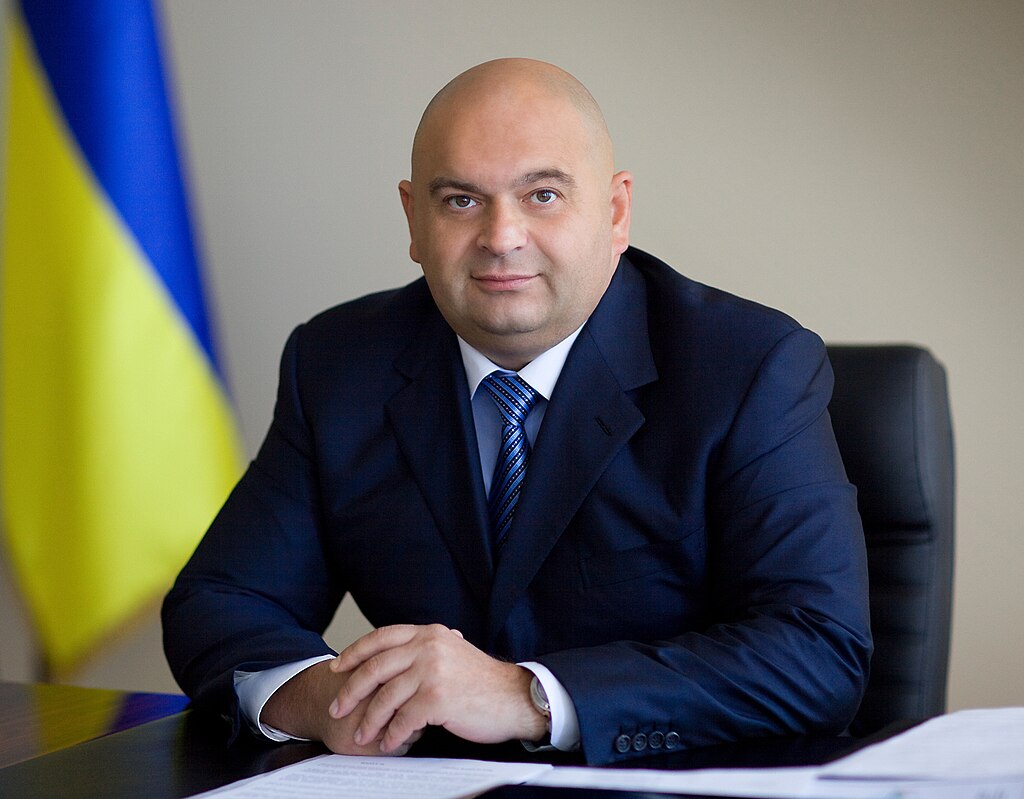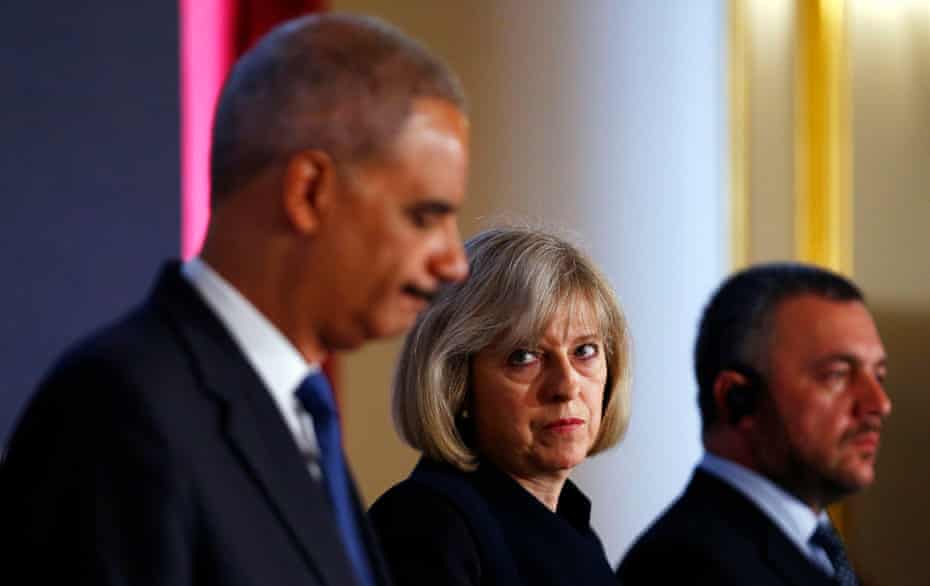195 lawmakers cosponsor articles of impeachment of President Trump.
Congressman Ted Lieu
195 Members are now cosponsoring our impeachment resolution. https://t.co/PDmJxjNdwY
— Rep. Ted Lieu (@RepTedLieu) January 10, 2021
Meanwhile, legal expert Jonathan Turley who is a Shapiro Professor of Public Interest Law at George Washington University has this summary to offer Congress:
The author Franz Kafka once wrote, “My guiding principle is this. Guilt is never to be doubted.” Democrats suddenly appear close to adopting that standard into the Constitution as they prepare for a second impeachment of President Trump. With seeking his removal for incitement, Democrats would gut not only the impeachment standard but also free speech, all in a mad rush to remove Trump just days before his term ends.
Democrats are seeking to remove Trump on the basis of his remarks to supporters before the rioting at the Capitol. Like others, I condemned those remarks as he gave them, calling them reckless and wrong. I also opposed the challenges to electoral votes in Congress. But his address does not meet the definition for incitement under the criminal code. It would be viewed as protected speech by the Supreme Court.
When I testified in the impeachment hearings of Trump and Bill Clinton, I noted that an article of impeachment does not have to be based on any clear crime but that Congress has looked to the criminal code to weigh impeachment offenses. For this controversy now, any such comparison would dispel claims of criminal incitement. Despite broad and justified condemnation of his words, Trump never actually called for violence or riots. But he urged his supporters to march on the Capitol to raise their opposition to the certification of electoral votes and to back the recent challenges made by a few members of Congress. Trump told the crowd “to peacefully and patriotically make your voices be heard.”
These kinds of legal challenges have been made by Democrats in the past under the Electoral Count Act, and so Trump was pressing Republicans in Congress to join the effort on his behalf. He ended his remarks by saying a protest at the Capitol was meant to provide Republicans “the kind of pride and boldness that they need to take back our country.” He told the crowd, “Let us walk down Pennsylvania Avenue.” Moreover, marches are common across the country to protest actions by the government.
The legal standard for violent speech is found with Clarence Brandenburg versus Ohio. As a free speech advocate, I criticized that 1969 case and its dangerously vague standard. But even it would treat the remarks of Trump as protected under the First Amendment. With that case, the government is able to criminalize speech “directed to inciting or producing imminent lawless action and is likely to incite or produce such action.”
There was no call for lawless action by Trump. Instead, there was a call for a protest at the Capitol. Moreover, violence was not imminent, as the vast majority of the tens of thousands of protesters were not violent before the march, and most did not riot inside the Capitol. Like many violent protests in the last four years, criminal conduct was carried out by a smaller group of instigators. Capitol Police knew of the march but declined an offer from the National Guard since they did not view violence as likely.
So Congress is now seeking an impeachment for remarks covered by the First Amendment. It would create precedent for the impeachment of any president blamed for violent acts of others after using reckless language. What is worse are those few cases that would support this type of action. The most obvious is the 1918 prosecution of socialist Eugene Debs, who spoke against the draft in World War One and led figures like Woodrow Wilson to declare him a “traitor to his country.” Debs was arrested and charged with sedition, a new favorite term for Democrats to denounce Trump and Republicans who doubted the victory of Joe Biden.
In 1919, Justice Oliver Wendell Holmes wrote for a unanimous bench in one of the most infamous decisions to issue from the Supreme Court. It dismissed the free speech rights for Debs and held it was sufficient that his words had the “natural tendency and reasonably probable effect” of deterring people from supporting the international conflict.
That decision was a disgrace, but Democrats are now arguing something even more extreme as the basis for impeachment. Under their theory, any president could be removed for rhetoric that is seen to have the “natural tendency” to encourage others to act in a riotous fashion. Even a call for supporters to protest peacefully could not be a defense. Such a standard would allow for a type of vicarious impeachment that attributes conduct of third parties to any president for the purposes of removal.
Democrats are pushing this dangerously vague standard while objecting to their own remarks given new meaning from critics. Conservatives have pointed to Maxine Waters asking her supporters to confront Republicans in restaurants, while Ayanna Pressley insisted amidst the violent marches last year that “there needs to be unrest in the streets,” and Kamala Harris said “protesters should not let up” even as some of those marches turned violent. They can legitimately argue their rhetoric was not meant to be a call for violence, but this standard is filled with subjectivity.
The damage caused by the rioters this week was enormous, however, it will pale in comparison to the damage from a new precedent of a snap impeachment for speech protected under the First Amendment. It is the very threat that the framers sought to avoid in crafting the impeachment standard. In a process of deliberative judgment, the reference to a snap impeachment is a contradiction. In this new system, guilt is not doubted and innocence is not deliberated. This would do to the Constitution what the violent rioters did to the Capitol and leave it in tatters.

/https://public-media.si-cdn.com/filer/5a/cf/5acf1c49-c598-40f7-8f35-8d282a43536e/reichstagsbrand-web.jpg)
 s
s
